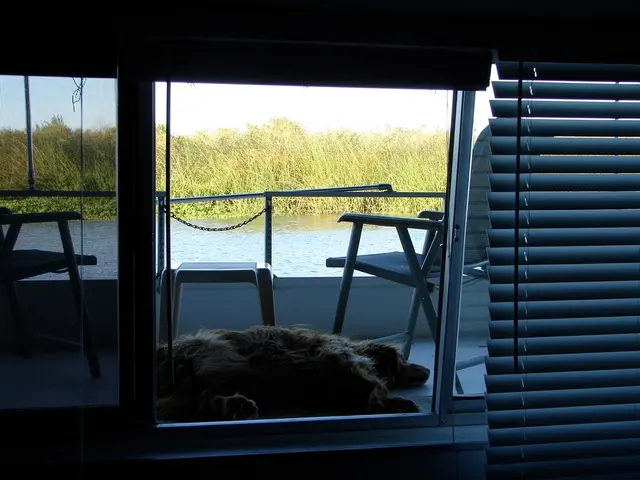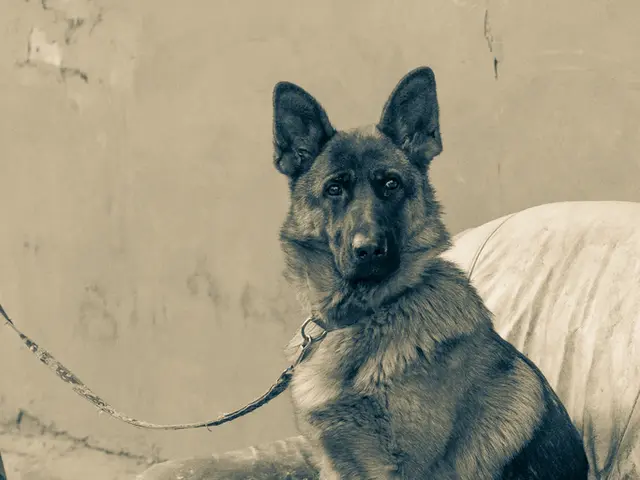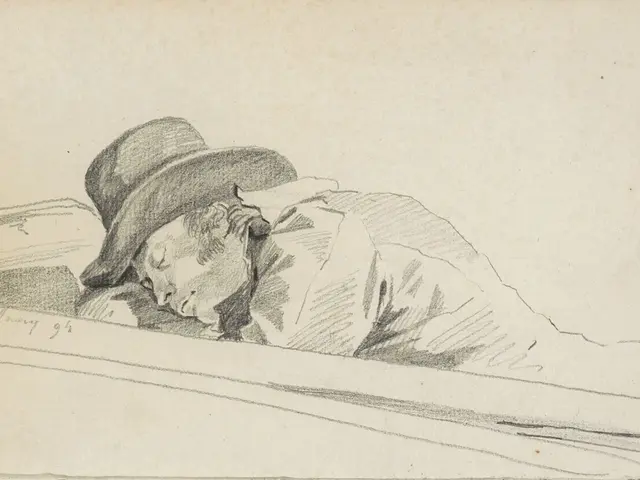Cats often present deceased creatures as a means ofdisplaying their hunting skills and territorial prowess.
Your Kitty's Mysterious "Gift" - Solving the Riddle of Why Cats Bring Home Dead Prey
Finding a dead bird or mouse in your house, courtesy of Fluffy, can be bewildering. After all, why on earth would your cat hunt if it ain't hungry and then present you with this gruesome trinket? Well, Dr. Stephanie Liff, a veterinarian from Pure Paws Veterinary Care in the concrete jungle of NYC, shed some light on Cat Darwinism.
Turns out, it's not because you're skimping on kibble. Cats are predatory by nature, even though they've been domesticated over 10,000 years ago. Yes, your loving, cuddly tabby still carries the instinctual drive to stalk, capture, and kill. Emmanuelle Baudry, an urban ecologist at Paris-Saclay University, explains this quirky cat quirk could derive from maternal instincts.
In the wild, momma cats catch prey, bring it back to the den, and share a tasty meal with their kittens. In the modern urban setting, our cats may see us as inept kittens that need to be taught essential survival skills, like hunting, recognizing prey, and playing with their 'prey.' They’re trying to train us, basically!
But don't get offended. According to Liff, it's a sign that your cat feels comfortable in its home and sees you as part of its "family," which is somewhat of a compliment!
Another theory suggests that cats are safer eating their hard-earned lunch at home rather than face possible predators or diseases in the wild. So, your humble abode serves as a fortress, a place to unwind, and a cozy dining room.
So, What Can You Do?
While some cats are perpetual hunters, others are content as couch potatoes. Researchers have found that dominant, aggressive, and active cats tend to be the hunters, while shy, friendly cats leave the hunting to others. Plus, your cat's environment plays a significant role in its hunting habits.
If you're not a fan of dead critters cluttering your living room, there are ways to reduce these unwelcome gifts. Keep your cat indoors, remove bird feeders near your home, or provide them with toys that trigger their inner hunter to chase and pounce. It's essential to satisfy their need to hunt, but in a way that's both entertaining for them and a bit less gruesome for you!
What Else Can We Learn About Cats?
Ever wonder why cats lick plastic bags, make a weird face after smelling something, or 'chatter'? Check out our website for more fascinating insights into the weird and wonderful world of cats! And don't forget to sign up for our daily newsletter to stay in the loop on all the latest discoveries!
Sources:
- Why do cats have 'toe beans'?
- Cats Bringing Home Prey: Evolutionary and Behavioral Aspects
- The role of maternal behavior in cat predation
- The housecat: domesticity and adaptation
- The relationship between cat aggression and owner satisfaction
- The impact of cat ownership on wildlife
- The effects of cat hunting on native bird populations
- The epidemiology and prevention of feline infectious diseases.
Cats, being predisposed to health-and-wellness practices involving fitness-and-exercise, might find their pet-owning households ideal for practicing their predatory skills learned through science. Lifestyle modifications, such as keeping cats indoors, removing bird feeders, or providing hunting toys, can help maintain a harmonious balance between pet ownership and health-and-wellness interests. Additionally, understanding the odd behaviors of cats, like licking plastic bags or making a peculiar face, can provide unique insights into the fascinating world of pets, reinforcing our appreciation and fascination for these intriguing creatures.








